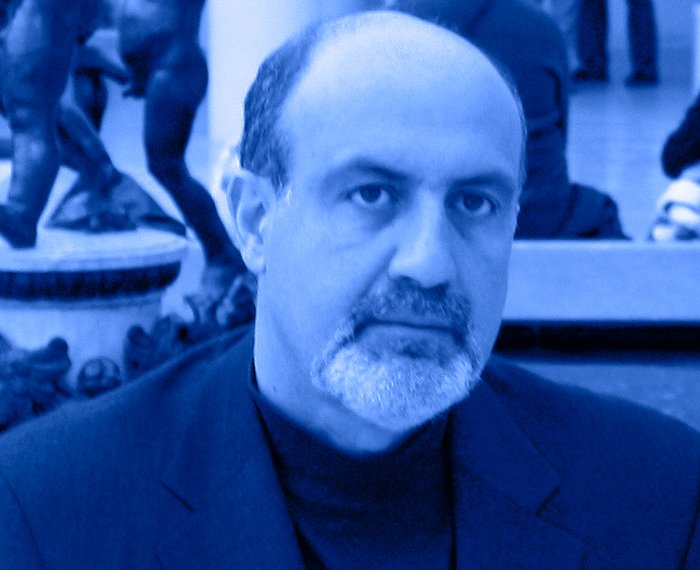Science has been developing an idea of who we are and it may not come as a surprise to many that we have been found to be a “social species” as human beings. We are not just people that want to maximise profits and behave consciously and consistently. There is more to it than that. The RSA has been exploring this in a number of studies that it calls the Social Brain.
The RSA is a UK think thank that is committed to find innovative practical solutions to today’s social challenges. The society promotes research, talks, and reports available on their website to the general public. It consists of 27,000-strong fellowships that seek to understand and enhance human capability, aiming to close the gap between today’s reality and people’s hopes for a better world.
The Social Brain: Empowering People Through Research
One of their main projects now is “the social brain” which arises from the idea that human nature is both rich and complicated at the same time. Its studies have found that we are made up by evolutionary biology and we are embedded in complex social networks. We have been found to be creatures of habit that are rationalizing rather than rational, and we are very sensitive to cultural and social norms. There is much more to do to understand human nature and if one gives it a closer look one gains more accurate findings that can engage people and empower them in this process. The Social Brain has a number of goals for this project. One is to help inform government policy so that good decisions can be made based on more detailed knowledge and a better understanding. The information would also help to improve social, financial, environmental and educational practice. In addition it would support personal development and wellbeing.
The RSA Social Brain project focus on three main strands, which are:
- habits
- attention
- decisions.
With this in mind it hopes to provide powerful information to help us deal with practical challenges that we face. With regard to habits, people do these without even thinking about them. To self-improve we need to be able to change our bad habits and create new, healthier ones. Our attention is arguably being negatively impacted by new technology. This is having an impact on how we think, read, reflect and connect with others. People need to be able to use these technologies but they also need to learn how to be more present in the moment while using them, and so this is an important area of research. Meanwhile, decisions are not always based on logic, but often on personal values, doing the right thing and emotional associations, as well as the decisions of others, making this another important area of research. In the following interview, the social brain centre director, Jonathan Row, explains how the centre works:
RSA’s Social Brain work began in 2009 with the three goals of making theories of human nature more accurate through research, more explicit through public dissemination, more empowering through practical engagement. The project has grown to be now one of research, consultancy and thought leadership. Some of the work done by the Social Brain between 2009-2012 was on habit change with the general public, on social and cultural norms in the police service, and a commissioned report on the value of curiosity. Since then the Social Brain grew to become a Center which was launched formally in November 2012. During 2012 various workshops were held exploring the practical importance of Iain McGilchrist’s ideas on the relationship between brain hemispheres and cultural evolution.
The main areas approached over the course of the past two years were:
- Climate Change,
- Education
- Spirituality.
Growing Awareness On Climate Change
In a partnership with Yougov , the Social Brain Centre produced a national survey that evidenced how two thirds of the population intellectually accept the reality of man made climate change, but refuse some or all of the commensurate feelings, responsibility and agency that are necessary to deal with it. The findings were published in the interesting report A New Agenda on Climate Change. Currently, the center is working on a new report that aims to properly address and communicate the crucial challenges of climate change.
Changing Mindsets Through Education
On Education, the center produced RSA’s first bi-lingual report ( English and German) that examined whether and how particular behaviourally-informed interventions help to create and change mindsets, reduce cognitive biases and improve learning environments that can improve the socio-economic success in education.
Understanding Spirituality
One of the areas that the research considers is spirituality. One of the challenges that people have in this regard is understanding what spirituality actually means. The problem lies in the fact that spirituality means different things to different people and it links to areas such as meaning, what is sacred, compassion, transformation and the idea of transcendence. Understanding the importance of spirituality and why it is important, as well as why spirituality is sought are all important areas where greater understanding could bring benefits. This means examining religious spirituality, but this is also influenced by cultural backgrounds and institutions. There is also a sense that some people consider themselves spiritual but not religious and these people hold a range of different views that they consider to be spiritual. Recently the center produced a report about their finds on spirituality, that resulted from a large survey. These can be accessed here.
The work developed by the Social Brain Center is definitely very interesting as all of these different areas of study may bring a much greater understanding of people, how they work and what makes them tick. Utilizing this productively in the ways that the RSA intends could lead to making people’s lives easier, especially through the better understanding of personal wellbeing and how to enhance is. However, government reforms could also be helpful in some cases in this regard to better support us as a social species. This could help us to be able to communicate better with one another and drive change that is more meaningful and productive to serve our greater needs. It will be fascinating to see the ultimate findings of the RSA research.

Maria Fonseca is the Editor and Infographic Artist for IntelligentHQ. She is also a thought leader writing about social innovation, sharing economy, social business, and the commons. Aside her work for IntelligentHQ, Maria Fonseca is a visual artist and filmmaker that has exhibited widely in international events such as Manifesta 5, Sao Paulo Biennial, Photo Espana, Moderna Museet in Stockholm, Joshibi University and many others. She concluded her PhD on essayistic filmmaking , taken at University of Westminster in London and is preparing her post doc that will explore the links between creativity and the sharing economy.

























